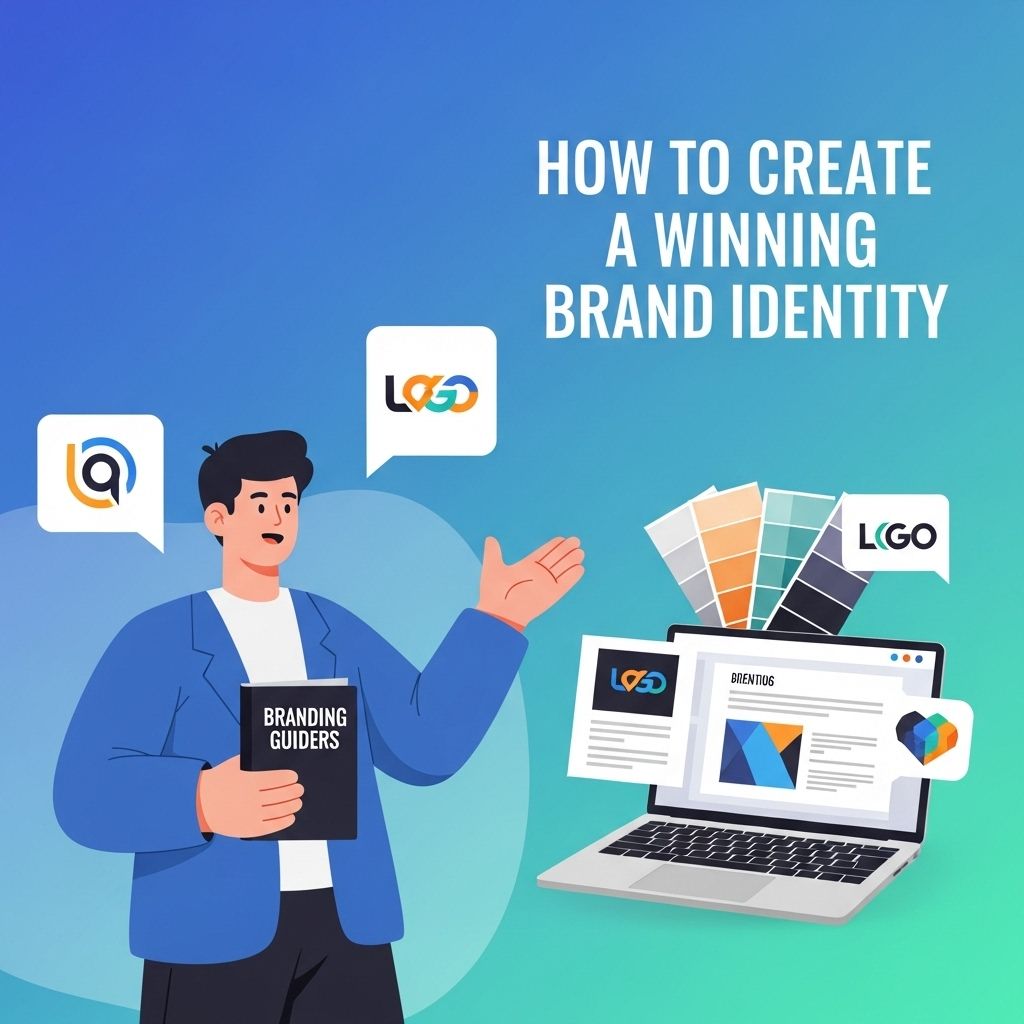In today’s competitive marketplace, establishing a strong brand personality is crucial for businesses looking to differentiate themselves. A brand’s personality is the set of human characteristics attributed to a brand, and it plays a significant role in how customers perceive and interact with it. From building emotional connections to fostering brand loyalty, a well-defined personality can significantly enhance customer engagement. This article explores five powerful strategies to develop and nurture a compelling brand personality.
Understanding Brand Personality
Brand personality is akin to a person’s character; it shapes how a brand is perceived in the minds of consumers. It encompasses traits, values, and behaviors that resonate with the target audience. According to Jennifer Aaker, a marketing professor, brand personality can be categorized into five dimensions:
- Sincerity: Down-to-earth, honest, and wholesome brands.
- Excitement: Daring, spirited, and imaginative brands.
- Competence: Reliable, intelligent, and successful brands.
- sophistication: Upper class, charming, and glamorous brands.
- Ruggedness: Tough, outdoorsy, and rugged brands.
1. Define Your Core Values
The foundation of any brand personality lies in its core values. These values guide the brand’s vision and influence how it interacts with customers. To define your core values:
- Identify what matters: Understand what principles are non-negotiable for your brand.
- Align with your audience: Ensure your values reflect those of your target audience.
- Articulate clearly: Communicate your values through your mission statement, marketing materials, and public interactions.
Example of Core Values
| Brand | Core Values |
|---|---|
| Patagonia | Environmentalism, quality, transparency |
| TOMS | Giving, social responsibility, community |
2. Create a Distinctive Voice
Your brand’s voice is crucial in expressing its personality. Consistency in tone across all channels reinforces brand identity. To develop a distinctive voice:
- Choose a tone: Decide whether your brand should be formal, casual, humorous, or authoritative.
- Develop style guidelines: Create a guide that outlines vocabulary, sentence structure, and overall tone.
- Adapt to platforms: Tailor your voice to suit different platforms while maintaining core characteristics.
Voice Examples
Consider how various brands communicate:
- Innocent Drinks: Playful and humorous messaging.
- Apple: Straightforward and innovative tone.
3. Engage Emotionally with Your Audience
Emotional connections drive consumer loyalty. Brands that resonate with their audience’s feelings tend to have a more profound impact. To foster emotional engagement:
- Tell compelling stories: Share narratives that reflect your brand’s values and mission.
- Incorporate customer experiences: Use testimonials and user-generated content to create relatable scenarios.
- Be authentic: Transparency and honesty build trust and humanize your brand.
Storytelling Framework
A good storytelling framework includes:
- Character: The protagonist (often the customer).
- Conflict: The challenge or need that arises.
- Resolution: How your brand solves the issue.
4. Be Consistent Across All Touchpoints
Consistency is vital for building a recognizable brand personality. Every interaction with the brand, whether through social media, customer service, or advertising, should reflect the same personality traits. To ensure consistency:
- Standardize branding elements: Logos, colors, and design aesthetics should be uniform throughout.
- Train your team: Ensure that all team members understand and embody the brand’s personality.
- Monitor and adapt: Regularly review your communication and marketing materials for alignment.
Consistent Branding Examples
Brands known for their consistency include:
- Coca-Cola: Familiar red and white colors and classic logo.
- Nike: The ‘Just Do It’ slogan and swoosh logo are instantly recognizable.
5. Leverage Social Media for Authentic Engagement
Social media platforms offer an opportunity for brands to engage directly with their audience. Through active participation, brands can showcase their personality and values. To leverage social media:
- Use interactive content: Polls, quizzes, and Q&A sessions can enhance engagement.
- Respond authentically: Engage with comments and messages in a way that reflects your brand’s voice.
- Share behind-the-scenes content: Give audiences a glimpse into your brand’s culture and values.
Effective Social Media Practices
To make the most of social media:
- Use visuals: Images and videos convey personality effectively.
- Be timely: Respond to trends and news relevant to your industry.
- Foster community: Encourage discussions and interactions among followers.
Conclusion
Building a powerful brand personality is not an overnight endeavor, but with the right strategies, brands can create an emotional connection with their audience that drives loyalty and engagement. By defining core values, crafting a distinctive voice, emotionally engaging, ensuring consistency, and leveraging social media, brands can successfully develop a unique and compelling personality that resonates with consumers and stands out in the marketplace. Embrace these strategies to unlock the full potential of your brand and foster long-lasting relationships with your customers.
FAQ
What are effective strategies for developing brand personality?
Effective strategies for developing brand personality include defining your brand values, creating a consistent tone of voice, engaging with your audience authentically, utilizing storytelling, and maintaining visual consistency across all platforms.
How can storytelling enhance my brand’s personality?
Storytelling enhances your brand’s personality by creating emotional connections with your audience, making your brand relatable and memorable, and providing context around your values and mission.
Why is consistency important in establishing brand personality?
Consistency is crucial in establishing brand personality as it helps build trust and recognition among your audience, ensuring that they know what to expect from your brand across all interactions.
How can I engage my audience to reflect my brand’s personality?
Engaging your audience to reflect your brand’s personality can be achieved through interactive content, social media engagement, personalized communications, and encouraging user-generated content that aligns with your brand values.
What role does visual branding play in shaping brand personality?
Visual branding plays a significant role in shaping brand personality by using color schemes, typography, and imagery to evoke emotions and convey the essence of your brand, creating a cohesive identity that resonates with your target audience.
How can I measure the effectiveness of my brand personality?
You can measure the effectiveness of your brand personality through audience feedback, engagement metrics, brand perception surveys, and monitoring social media sentiment to understand how well your brand is connecting with your audience.




